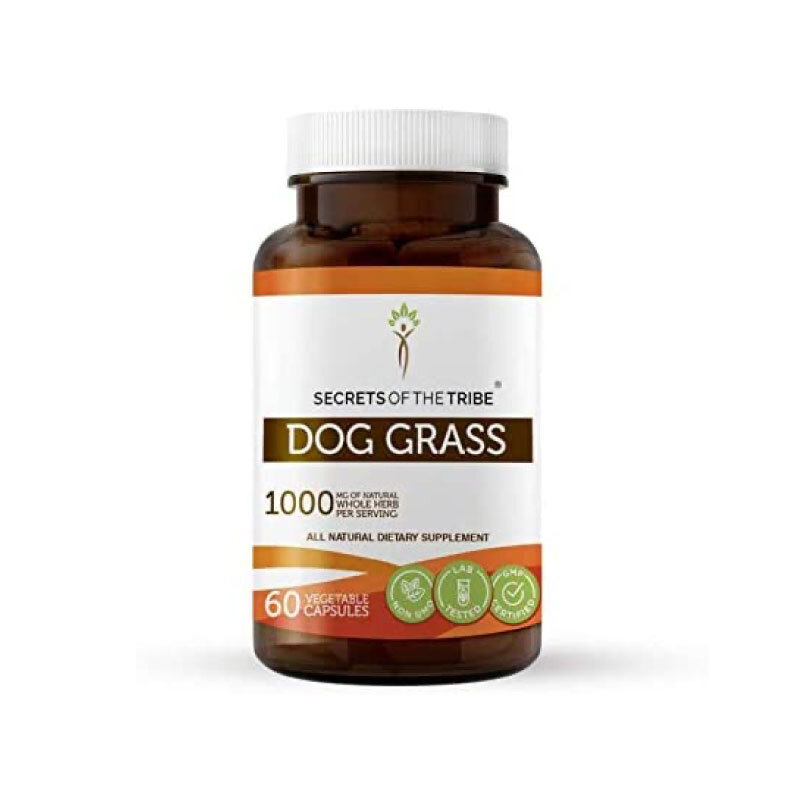Thyme, scientifically known as Thymus vulgaris, is a popular herb native to the Mediterranean region but is now cultivated and used worldwide for its culinary and medicinal properties. With its aromatic leaves and delicate flowers, thyme has been cherished for centuries in various cultures for its flavor-enhancing qualities in cooking and its therapeutic benefits in traditional medicine. In this comprehensive guide, we’ll delve into the numerous benefits of thyme supplements, exploring its historical uses, chemical composition, potential health effects, and practical applications.
Historical Significance
Thyme has a rich historical background, dating back thousands of years to ancient Egypt, Greece, and Rome. It was valued not only for its culinary uses but also for its medicinal properties. Ancient Egyptians used thyme in embalming practices, while the ancient Greeks believed it had purifying properties and used it as incense in temples. In medieval Europe, thyme was commonly used to ward off disease and to flavor food. Over time, thyme has continued to be celebrated for its diverse uses, from culinary seasoning to herbal medicine.
Chemical Composition
Thyme contains a variety of bioactive compounds that contribute to its medicinal properties. These include thymol, carvacrol, rosmarinic acid, flavonoids, and tannins. Thymol and carvacrol, in particular, are potent antimicrobial agents that have been extensively studied for their ability to fight bacteria, viruses, and fungi. Rosmarinic acid possesses antioxidant and anti-inflammatory properties, while flavonoids contribute to thyme’s antioxidant effects.
Respiratory Health Support
One of the most well-known benefits of thyme supplements is their ability to support respiratory health. Thyme has long been used in traditional medicine to alleviate coughs, colds, and respiratory infections. Thyme supplements may help loosen phlegm, reduce coughing, and ease breathing due to its expectorant and bronchodilator properties. Thyme’s antimicrobial properties may also help fight respiratory pathogens, making it a popular choice for natural remedies aimed at respiratory infections.
Digestive Health
Thyme supplements may also support digestive health. Thyme contains compounds that stimulate the production of digestive enzymes, aiding in the digestion of fats and proteins. Additionally, thyme’s carminative properties may help alleviate gas, bloating, and indigestion. Thyme supplements are sometimes used to relieve symptoms of gastrointestinal issues such as irritable bowel syndrome (IBS), gastritis, and dyspepsia.
Antioxidant Properties
Thyme is rich in antioxidants, which help protect cells from oxidative damage caused by free radicals. Thyme’s antioxidant compounds, including rosmarinic acid and flavonoids, help neutralize free radicals and reduce oxidative stress in the body. Regular consumption of thyme supplements may help reduce the risk of chronic diseases associated with oxidative damage, such as cardiovascular disease, cancer, and neurodegenerative disorders.
Anti-inflammatory Effects
In addition to its antioxidant properties, thyme also exhibits anti-inflammatory effects. Thyme supplements may help reduce inflammation in the body by inhibiting the production of inflammatory mediators and enzymes. Thyme’s anti-inflammatory properties may benefit individuals with inflammatory conditions such as arthritis, asthma, and inflammatory bowel disease (IBD).
Immune Support
Thyme supplements may provide immune-supportive benefits due to their antimicrobial and antioxidant properties. Thyme contains compounds such as thymol and carvacrol, which have antimicrobial effects against bacteria, viruses, and fungi. These compounds may help strengthen the immune system and protect against infections. Thyme’s antioxidant properties may also help support immune function by reducing oxidative stress and inflammation.
Cognitive Function
Emerging research suggests that thyme supplements may have cognitive-enhancing effects. Thyme contains compounds that may help protect brain cells from oxidative damage and inflammation, potentially reducing the risk of cognitive decline and neurodegenerative diseases such as Alzheimer’s and Parkinson’s disease. Thyme’s antioxidant and anti-inflammatory properties may also contribute to improved cognitive function and memory retention.
Culinary Uses
Aside from its medicinal benefits, thyme is widely used as a culinary herb due to its aromatic flavor and versatility. Thyme supplements can be added to a variety of dishes, including soups, stews, sauces, marinades, and roasted meats. Thyme’s robust flavor profile pairs well with a wide range of ingredients and cuisines, making it a staple herb in many culinary traditions worldwide.
Usage and Dosage
Thyme supplements are available in various forms, including capsules, liquid extracts, and teas. The appropriate dosage may vary depending on the specific health concern being addressed, the concentration of active ingredients in the supplement, and individual factors such as age, weight, and overall health status. It is advisable to follow the manufacturer’s instructions or consult with a healthcare professional to determine the suitable dosage for optimal results.
Safety Considerations
Thyme supplements are generally considered safe for most people when used as directed. However, some individuals may experience allergic reactions or skin irritation when using thyme supplements topically. Pregnant and breastfeeding women should consult a healthcare professional before using thyme supplements. Additionally, individuals with certain medical conditions or those taking medications should use thyme supplements cautiously and under the guidance of a healthcare provider.
Concluxsion
Thyme supplements offer a plethora of potential health benefits, from supporting respiratory and digestive health to providing antioxidant, anti-inflammatory, and immune-supportive effects. Rooted in centuries of traditional use and supported by modern research, thyme continues to be valued for its medicinal and culinary properties. However, it’s essential to use thyme supplements judiciously and under the guidance of a healthcare professional, especially for individuals with pre-existing medical conditions or those taking medications. With careful use, thyme supplements can be a valuable addition to a holistic approach to health and well-being.
- Ultimate Guide to the Best Vaporizers Comprehensive Review By Dankstop - August 16, 2024
- Sip, Relax, Repeat: Melo’s THC Beverage Extravaganza! - May 18, 2024
- Benefits of Tribulus Supplements - April 1, 2024

